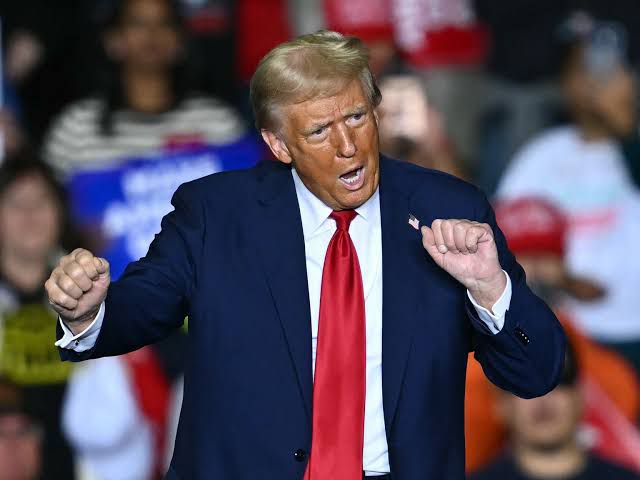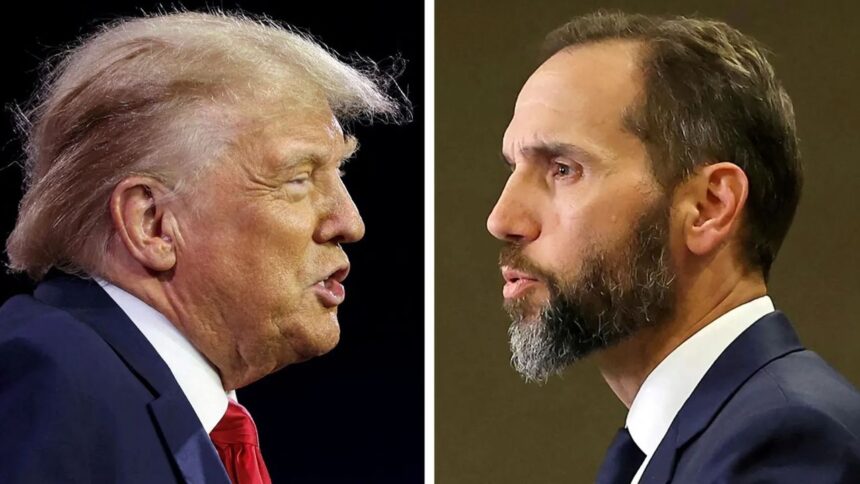By Nakiwala Barbra
A recent Department of Justice (DoJ) report reveals that President-elect Donald Trump would likely have been convicted for alleged efforts to overturn the 2020 election results had he not secured re-election in 2024.
The findings stem from Special Counsel Jack Smith’s investigation, which concluded that there was sufficient evidence to sustain a conviction at trial.

The report outlines Trump’s alleged attempts to pressure officials to reverse the 2020 election outcome, promote false claims of election fraud, and capitalize on the January 6, 2021, Capitol riot. Despite the strength of the evidence, the DoJ’s long-standing policy against prosecuting a sitting president resulted in the dismissal of the case following Trump’s election victory.
Special Counsel Smith clarified that the case closure was dictated solely by constitutional constraints, not a lack of evidence. He firmly denied allegations of political bias, emphasizing that the investigation upheld the rule of law.

Trump has dismissed the report and its findings, calling Special Counsel Smith “deranged” and the investigation “fake.” He insists that his re-election reflects the will of the people and reaffirms his innocence.

The DoJ report has reignited debates over the challenges of holding a sitting president accountable under the law and the implications of executive immunity. As Trump prepares to re-enter the White House, the report continues to spark nationwide discussions about justice, accountability, and the balance of power.








